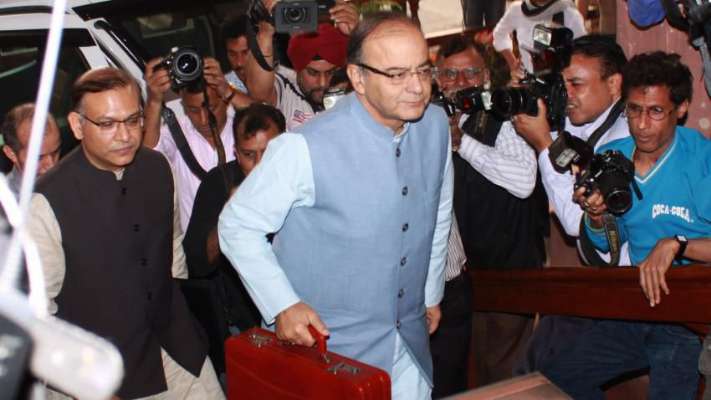What is Interim Budget?

Union Minister Arun Jaitley will present Narendra Modi government’s first interim budget on February 1, 2019. An interim budget is very popular in democratic countries when the ruling party is about to complete its tenure. It can also be called a temporary budget as the full Budget is left to the new government which will rule next. This is done because both the governments might have different fiscal plans. So, the old government budget is cut short and a new budget is created. It also helps in smooth transition between the two governments.
This year, Finance Minister Arun Jaitley will present the Interim Budget on February 1 and the final budget would be presented by the ruling party after a few months. In case the Bharatiya Janata Party (BJP) comes back to power, the final budget will also be presented by the same party.
What is an interim Budget?
During an election year, it is not possible for the ruling government to prepare a full budget. Instead, it presents an interim budget which is a projection of income and expenses or essential government spending for a particular period in an election year. It also ensures that a newly elected government is not burdened by the previous government’s budgetary allocations.
How is it different from vote-on-account?
A vote-on-count is only a presentation of an estimate of expenditures to be sanctioned by the exchequer till the Budget is passed. It cannot alter direct taxes since they need to be passed through a finance bill. The common feature of an interim budget and vote-on-count is that both include the previous year’s financial performance of the government.
What happened in 2014?
In 2014, the then Finance Minister P Chidambaram of UPA government (ruling government in 2014) had presented an interim Budget in February 2014 due to the coming general elections. After the election, when NDA government won, Arun Jaitley took charge and presented the whole budget in July for the year.
Courtesy by : Daily Hunt



